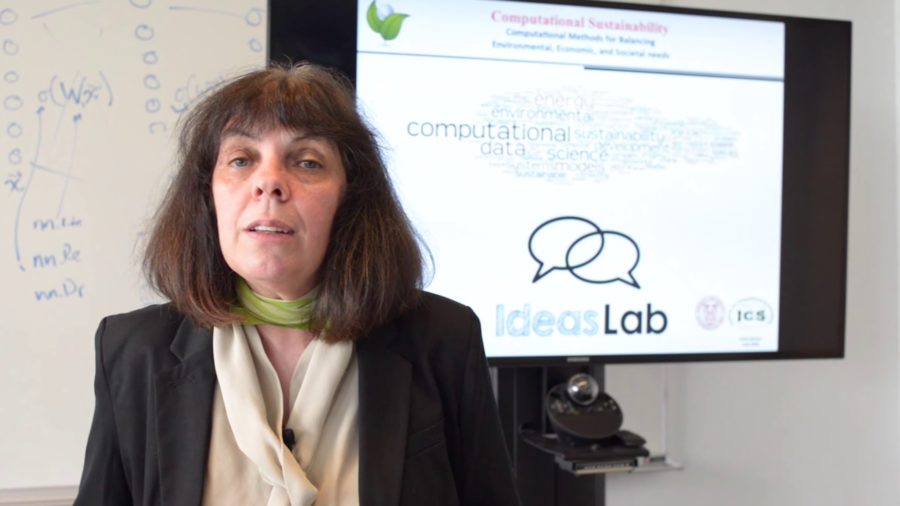The smartphone is the ultimate example of a universal computer. Apps transform the phone into different devices. Unfortunately, the computational revolution has done little for the sustainability of our Earth. Yet, sustainability problems are unique in scale and complexity, often involving significant computational challenges.
Archive (Page 1 of 3)
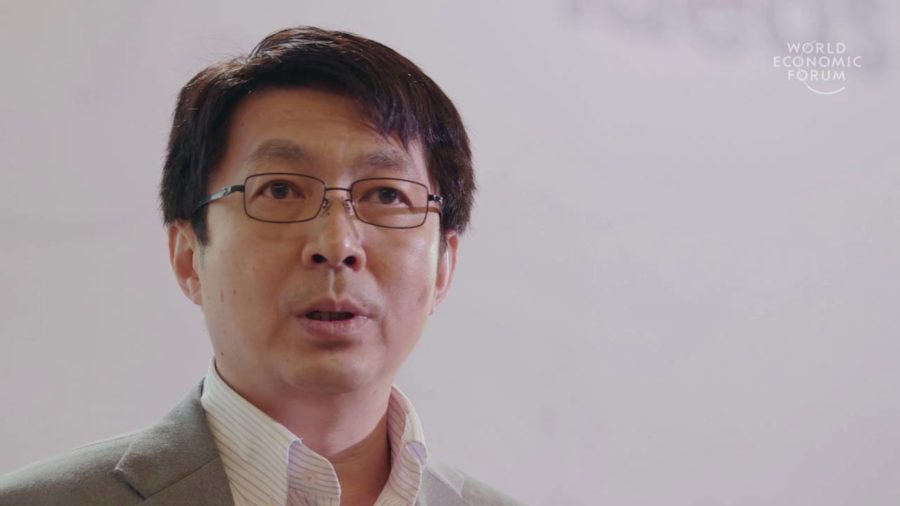
We can train computers to learn to recognize objects by giving them millions of examples with the correct answers. A human baby, on the other hand, learns to recognize many concepts and objects all by themself simply by interacting with a few examples in the real world.
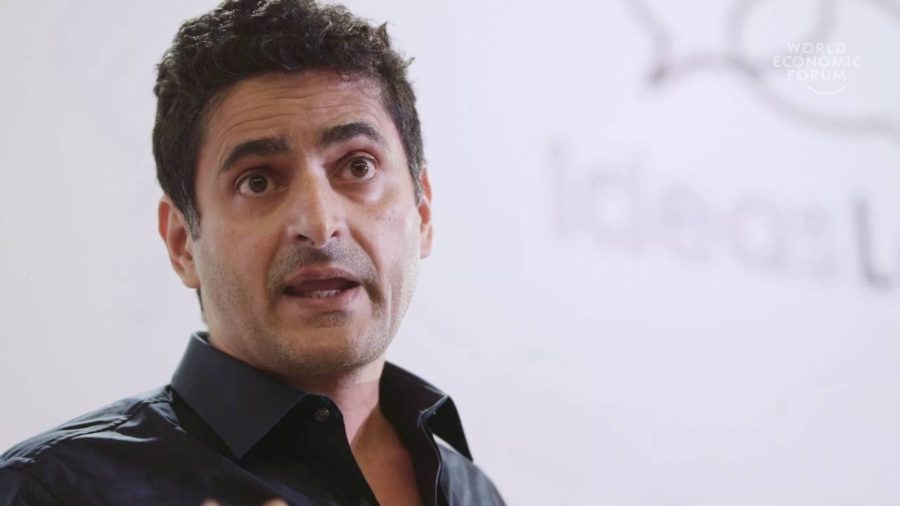
Can we have agreements or the mechanisms for enforcing agreements between governments without having to appeal to the ambiguity of international law?
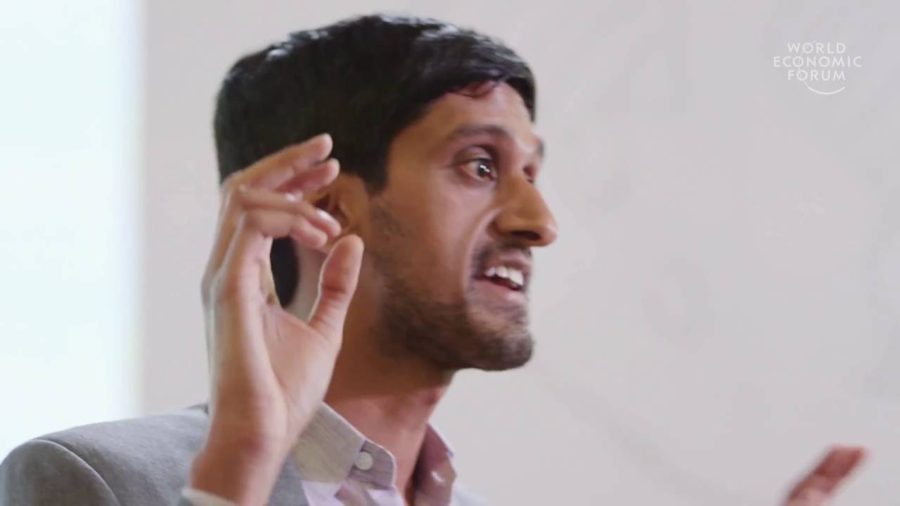
To understand human nature, I focus on human language and what it can reveal about how we think. Unlike other animals, humans can communicate an infinite number of thoughts through language. And one reason that language is powerful is because we can use each of our words flexibly, with several different meanings.
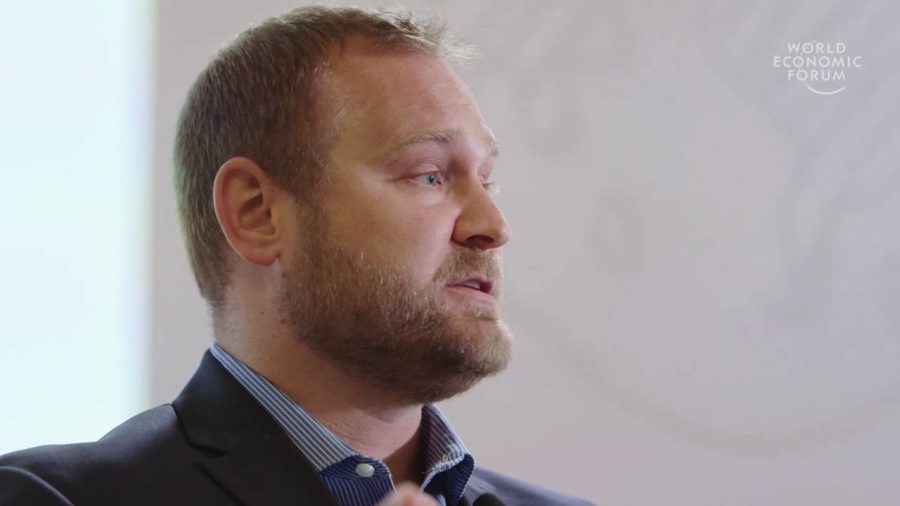
The United States plants more than 170 million acres of corn and soybeans a year, more than any country in the world. And the primary mechanism in the US that we use to subsidize agriculture is actually called the Federal Crop Insurance Program. So, the crop insurance program in the US is also the largest such program globally, with over $100 billion in liabilities annually. So it’s a very big program.

In many countries, the very ability to eat a food like avocado is a direct benefit of international trade. We are eating on an interconnected planet. Food trade now shapes land use worldwide and is reshaping the food supplies of many nations.
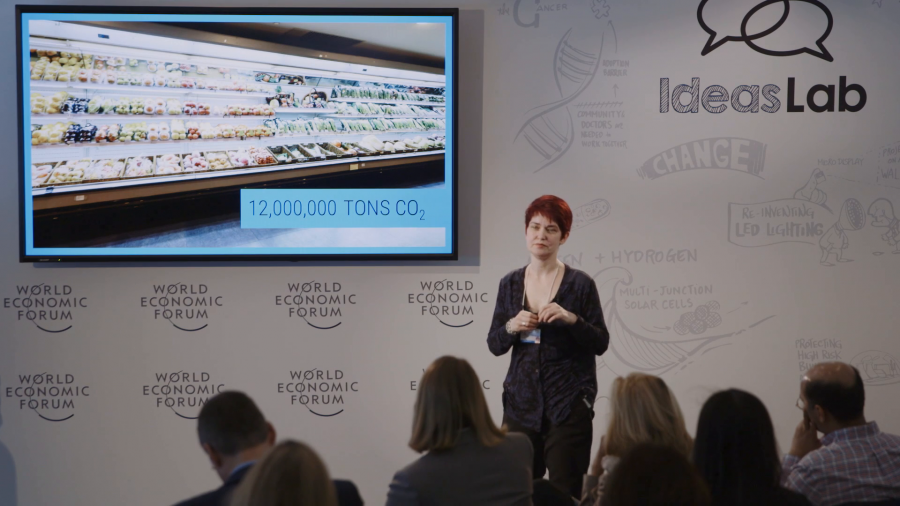
Machines generate waste heat when they do work for us. And this year, seven billion of us will use twenty-five trillion kilowatt hours of electricity. An awful lot of that will end up as waste heat. So, we treat waste heat as a problem. We see it as a challenge to design how we can manage it. We don’t think of it as a resource. If we thought of it as a resource, that would be results we are just throwing away.
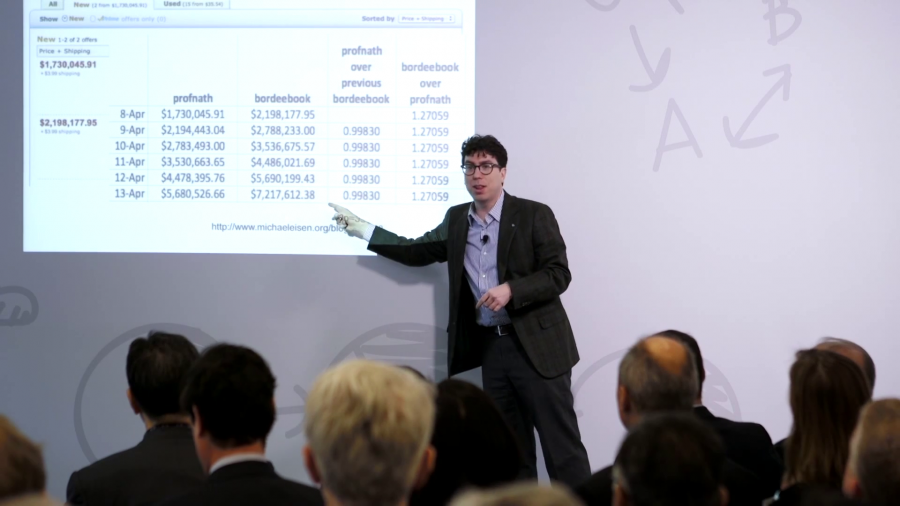
I want to think more broadly about the future of cyber state, and think about accumulations of power both centralized and distributed that might require transparency in boundaries we wouldn’t be used to.
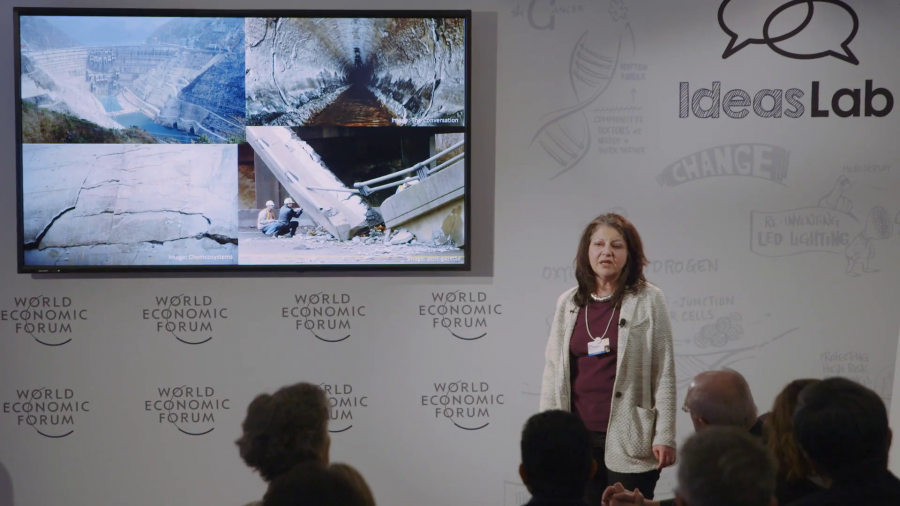
Our bridges, motorways, tunnels, and dams, and all the buildings that make up our infrastructure are vital to our society and economic growth yet we take them for granted. The shocking truth is that our infrastructure is crumbling beneath our feet. And this is costing us dearly, both in terms of money and carbon.
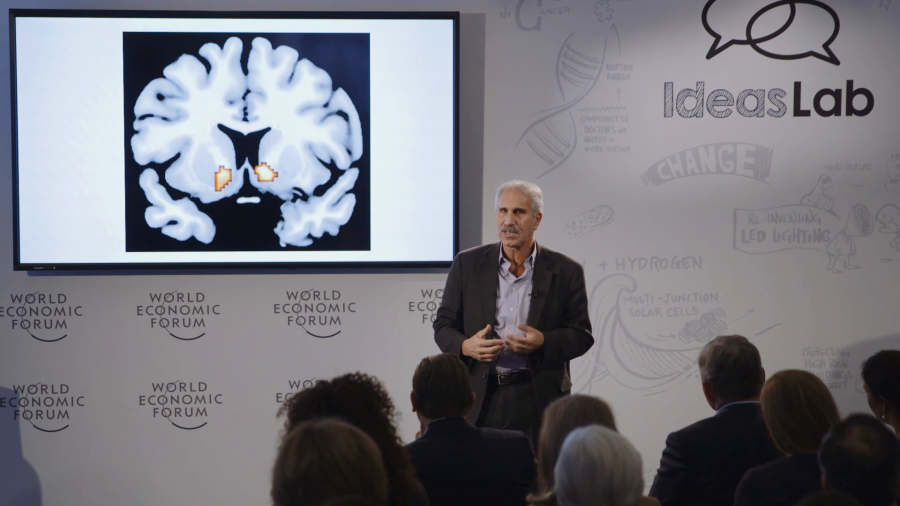
Why do we do the things that we do? Why do we sometimes choose to be loving parents and other times engage in irrational self-destructive behaviors? What drives us to sometimes be altruistic and other times make decisions that really threaten our very survival? Well, the answer lies in our brains. Our brains evolved to ensure that we repeat behaviors that will lead to our survival.

